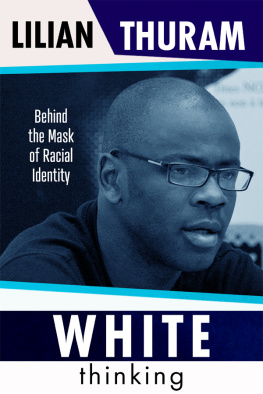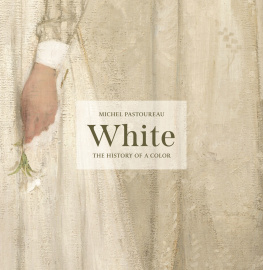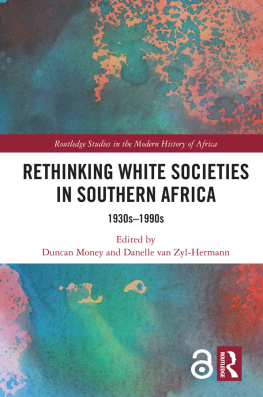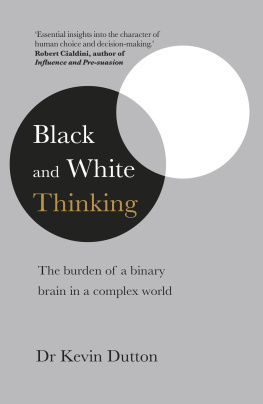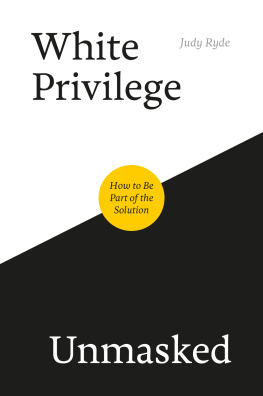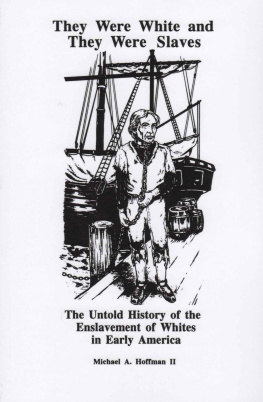Contents
Guide

Hero, an imprint of
Legend Times Group Ltd, 51 Gower Street, London, WC1E 6HJ
First published in French in 2020 by ditions Philippe Rey
ditions Philippe Rey, 2020
This edition is published by arrangement with ditions Philippe Rey in conjunction with its duly appointed Agent Books And More #BAM, Paris, France
Translation David Murphy, Aedn N Loingsigh and Cristina Johnston, 2021

Print ISBN: 9781-8-0031-344-6
Ebook ISBN: 9978-1-80031-345-3
Set in Times. Printed in the United Kingdom by Clays Ltd
All rights reserved. No part of this publication may be reproduced, stored in or introduced into a retrieval system, or transmitted, in any form, or by any means electronic, mechanical, photocopying, recording or otherwise, without the prior permission of the publisher. Any person who commits any unauthorised act in relation to this publication may be liable to criminal prosecution and civil claims for damages.
To my first star, my mother, Marianna
To my sisters, Martine and Liliana
To my brothers Gatan and Antonio
To my two eagles, Marcus and Khephren
To Kareen
And to all the worlds children
who carry the ancestors hopes and dreams
To Elisabeth Caillet and Lionel Gauthier
who guided and supported me
at every step of the journey to publish this book
CONTENTS
TRANSLATORS NOTE
Translating discussions of race from one language to another is often fraught with difficulties. The idealised French vision of a colour-blind Republic of citizens raises specific challenges where this task is concerned. Attempts by minorities in France to speak about the discrimination to which they are subjected can often lead to accusations of communautarisme, or communitarianism. Such accusations are essentially a criticism of these groups for self-segregating and identifying according to specific group identities in a way that undermines the imagined unity of the Republic.
Debates about race have evolved in recent years and the Black Lives Matter movement of 2020 led to significant protests and important public debate. There is clearly an appetite for conversations about race, and commercially successful French translations of popular English-language books, not least Reni Eddo-Lodges Why Im No Longer Talking to White People About Race, have recently introduced common terms such as people of colour into the French lexicon of race. Lilian Thurams La Pense blanche consciously avoids use of people of colour, however. As he writes in the introduction, White people generally do not perceive themselves to have a colour, although they clearly do, for every human being does. In light of this, he argues, why should we consider that only people of colour have a racial identity?
One of the main arguments of La Pense blanche is thus that all racial identities are constructed. And White identity has constructed a non-White identity. This does not mean that Lilian Thuram believes there is a homogeneous non-White identity. What he does believe is that White thinking has imagined the existence of a non-White identity, and we have followed this lexical choice in our translation in order to respect the authors conception of the ways in which racial identities are constructed, that is, as a mask we are obliged to wear (but from which we can ultimately escape).
Finally, in La Pense blanche, although French usage would not typically capitalise anything other than proper nouns, Thuram also capitalises the words Blanc (White) and Noir (Black) when used as nouns (generally in the plural). In line with standard French usage, white and black are not capitalised by him when used as adjectives in expressions including white thinking (pense blanche). For this translation, however, we have opted to capitalise all instances where White and Black are used in order to signal Thurams problematisation of these categories.
David Murphy, Aedn N Loingsigh and Cristina Johnston
The white race, the most perfect of [all] the
human races.
School textbook from 1877, reprinted annually with only minor changes right up until 1977
The White made a man of the Black.
Victor Hugo, Discours sur lAfrique,
Actes et paroles
Yes, there is without doubt a war between the races:
But who started it? And who is prosecuting it?
Georges Clemenceau
It is possible to give greater importance to the
ideal of liberty than one gives to ones own life.
[] In my opinion, an individual cant be free if
others arent.
Denis Goldberg
G. Bruno, Le Tour de la France par deux enfants (Paris: Belin, 1877).
Victor Hugo, Actes et paroles, Volume 4, 1879.
Le Temps, 29 November 1867.
INTRODUCTION
A few years ago, I was invited to discuss a proposal for a major exhibition on the question of racism. The organisers wanted me to serve as the general curator of the exhibition, and I was deeply honoured to be entrusted with delivering its anti-racist message to the public. I planned to take an approach born of a situation I had experienced at a meeting in a government ministry: when it was time for those around the table to introduce themselves, I was asked about my work and that of my anti-racism foundation. I told them that we analysed how domination works within society. For instance, around that table, there were a lot more women than men. The chair of the meeting said: Indeed, there are very few women. I replied: To be honest, thats not the issue; the problem is that there are too many men. And, right there, in that moment, I could feel all those men staring at me, as though I had attacked them, rather than simply making an observation.
This is why I explained that, as curator of the exhibition, I wanted to adopt a different perspective. For far too long, whenever we speak about racism, we have concentrated on those on the receiving end of discrimination. And now, I was saying that we should instead focus on those who profit from this discrimination, often unconsciously and unintentionally. We needed to ask questions about something that is never questioned: Whiteness. What does it mean to be White? How does one become White? Because people arent born White, they become White. Have you ever seen someone whose skin is genuinely the same colour as a sheet of white paper? No, Im sure you havent. Then, why do we say that a person is White? At what age does someone become White? When you think about it, isnt becoming White pretty similar to becoming a man in a society where men are educated to believe they should be dominant? As I developed these ideas at the meeting, I could feel a growing disquiet around the room. People perceived to be White arent used to being questioned about their skin colour and its potential meaning.
I went on: If we want to make progress in our fight for equality, then we need White visitors to the exhibition to realise that they have been educated to see the colour of their skin as politically neutral.
I could sense a feeling of incomprehension, maybe even hostility. It was as though a we had been formed, a we that was asking itself: What has he got against us? I realised that they felt attacked by my words. And maybe this is the point at which I should reveal that I was the only Black person in the room. They felt attacked in the same way that men do when told that men have a superiority complex in relation to women. I hadnt accused anyone of being a horrible racist. But speaking about

